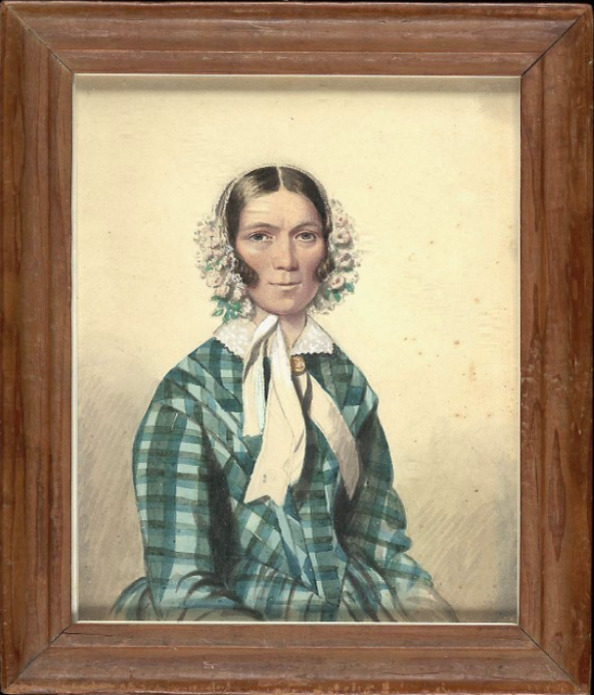Introduction
It is difficult to imagine a period in earlier American history during which women exhibited a tremendous degree of personal agency and public authority. But these are common experiences recorded by army officer wives in antebellum western frontier forts. However, buried beneath the more popular narratives of Indian wars and conquering the Wild West are stories of truly pioneering women.
Armed with pen, paper, and substantial grit, these women traveled west with their families to the frontier, far away from the luxuries of civilization in the East and Midwest. The frontier's unique conditions demanded that Army officers' wives assume responsibilities beyond their traditional stations. In doing so, they reinforced a truism foundational to suffragist philosophy: women can wield authority - political or military - as capably as any man.
This digital exhibit seeks to explore the issue by asking the following questions:
- Did genteel and educated women remain limited to the private sphere for which she was held responsible?
- Did frontier fort conditions challenge or reinforce that position?
- Did frontier women ever come to approximate modern gender parity in their lives?
1 Elizabeth Custer, Boots and Saddles, or Life in Dakota with General Custer (Santa Barbara, CA: Narrative Press, 2001), 111.
